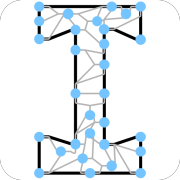Weeknotes 323 - generative communities in a zero-sum world
While a new reality is really kicking in, the newsletter explores the latest news on immersive human-ai co-performances and related topics.

Thanks for landing here and reading my weekly newsletter. If you are new here, have a more extended bio on targetisnew.com. This newsletter is my personal weekly reflection on the news of the past week, with a lens of understanding the unpredictable futures of human-ai co-performances in a context of full immersive connectedness and the impact on society, organizations, and design. Don’t hesitate to reach out if you want to know more or more specifically.
Hi all.
When writing this, that new US president is sworn in under the eyes of the tech bros… And he delivers a very dark speech. It is already a terrible vibe in the short run, but we will only know in some years what the more profound impact will be of normalizing autocracies… It is not a pleasant outlook. Hopefully, we can find ways to create alternative structures.
In the meantime, his memecoin creates unrest within crypto, which hoped for a serious step towards a trusted financial instrument.
What did happen last week? ___Sad to hear David Lynch passing away. I have always liked the strange realities he created and his wise words about creativity. The take on comparing hallucinating AI and the state of wonder within his work makes sense to me. At least at the level of feeling a different state of consciousness that is happening and hard to grasp, or can only fully understand in a state of fluid consciousness…
Furthermore, we had a lively roundtable discussion as part of the explorative research into civic and protocol economies, during which, among other topics, the topic of finding a new narrative to address the current trend of removing civic values from politics was discussed.
The Rotterdam students presented their final proposal for an ideation app for the Robo-perspective workshopkit for Cities of Things, and I attended the 183rd Dies Natalis of TU Delft that was themed on “making sense of mobility” and delivered some food for thoughts.
There are too many podcasts and other media, but I like this one: The Deep Dive podcast with Indy Johar. We are in a situation where basic human values are not economically valuable anymore, which is one of the examples of shifting the lens through which he can look at things.
What did I notice last week? ___In the news last week, a mix of items on all topics. So has OpenAI added tasks. It's not the most intelligent addition yet, but it creates more opportunities if you like to tinker. Or, as Erwin nicely framed it, it becomes even more of a 1000-dingen-does (a million things cleaning cloth). Others compare the functionality to Siri, which is not a positive qualification… The general reception is also a bit reserved.
The rollout of Apple Intelligence seems to keep having issues. Now, the news summarize function is switched off to prevent bad outputs. Hopefully, Apple will pull itself together before it becomes a ping-like debacle…
In the meantime, Microsoft is upscaling co-pilot to consumers.
There is a Virtual Lab is now by to play-out AI and human collaborations before making them concrete. “(…) developed at Stanford University promises to revolutionize the role of AI in science—and potentially help us find solutions to the world’s biggest problems in the process.”
Local LMs get a lot of attention. People add it to things like a pair of Meta glasses or experiment with new Chinese models on a stick.
The impact of AI on the need for energy and GPU is a returning theme. GPU as a service will be the new AWS?
It was already for some time that a lot of the sensors were just cameras with different processing of the captured visual data. Now, with AI, this is becoming even more, and is the visual stream translated into conversational notifications. Wyze is offering this for baby monitors.
O’Reilly has an overview of the technology trends for 2025, a bit later than others. Agents are also their too, and in general, new skills are needed to deal with them.
Europe is trying to get control of big tech and is requesting a handover of AI documents. Matt Webb thinks it is good to create a strategic AI reserve.
We have a robot invasion, according to NYTimes. The Chinese robot taxis need some more training.
And to close this section with a positive note: What comes after design thinking? Community-oriented design. According to Fast Company even.
More in the list below.
Triggered thought __As mentioned, the presentation on the future scenarios on “making sense of mobility” triggered some thoughts, especially a key element introduced in some scenarios where mobility is used based on a fixed set of credits. This concept comes more often in future scenarios; can we create an alternative currency model linked to a specific cause and managed by the collective of all users? I made a similar short story about an energy credit platform that is situated some decades away (2050, to be precise), where I tried to sketch out what would happen when energy as a resource is limited and is used as a currency that can be traded within the own family life and neighborhoods. Depending on the needs, personally produced energy can be shared. The use is a tradeoff, and it is not so hard to imagine that using the next generations of smart meters will be part of your family as an active partner in discussing what would work best. It becomes even more interesting if the ecosystem of actors becomes part of the community. We might even have a system that takes in the actual costs of externalities of production, something that our current systems do not calculate, as Indy Johar pointed out in the podcast.
The question is if this internet of energy, this energy currency is a barter system; the credits (human) actors create are enough to trade enough energy. Or is it only an extra layer to give more insights and stimulate certain behaviors?
An extra layer is introduced if the goal of the community-based service is not only to have the best deal for energy but also to be linked to social goals. As the energy is part of a commons goals. For example to create a surplus for a certain good cause.
This topic is exactly what we are exploring in the civic protocol economy. How can these complex ecosystems and services be supported with protocol thinking and acting, and what role will technology play (from web3 to agents). There are a lot of design principles to dive into and research what works best to achieve the multi-stakeholder goals. How can we create generative communities that contribute to the public goals, fighting the zero-sum strategies?
Paper for the week __A bit close to home, but very relevent: Prototyping with Uncertainties: Data, Algorithms, and Research through Design
Elisa Giaccardi, Dave Murray-Rust, Johan Redström, and Baptiste Caramiaux. 2024. Prototyping with Uncertainties: Data, Algorithms, and Research through Design. ACM Trans. Comput.-Hum. Interact. 31, 6, Article 68 (December 2024), 21 pages. https://doi.org/10.1145/3702322
What are the plans for the coming week? ___Apart from continuing the report and starting up the next activities for ThingsCon RIOT and exhibition Generative Things, I will check the exhibition Interactive Environments at TU Delft. In Rotterdam, The Hague Speculative Futures is organising a workshop on the future of digital services. Digital Society School has it’s showcase. Next week an afternoon on Taking back Society. Also next week in the evening Democracies in the age of AI.
See you next week!
References with the notions
Human-AI partnerships

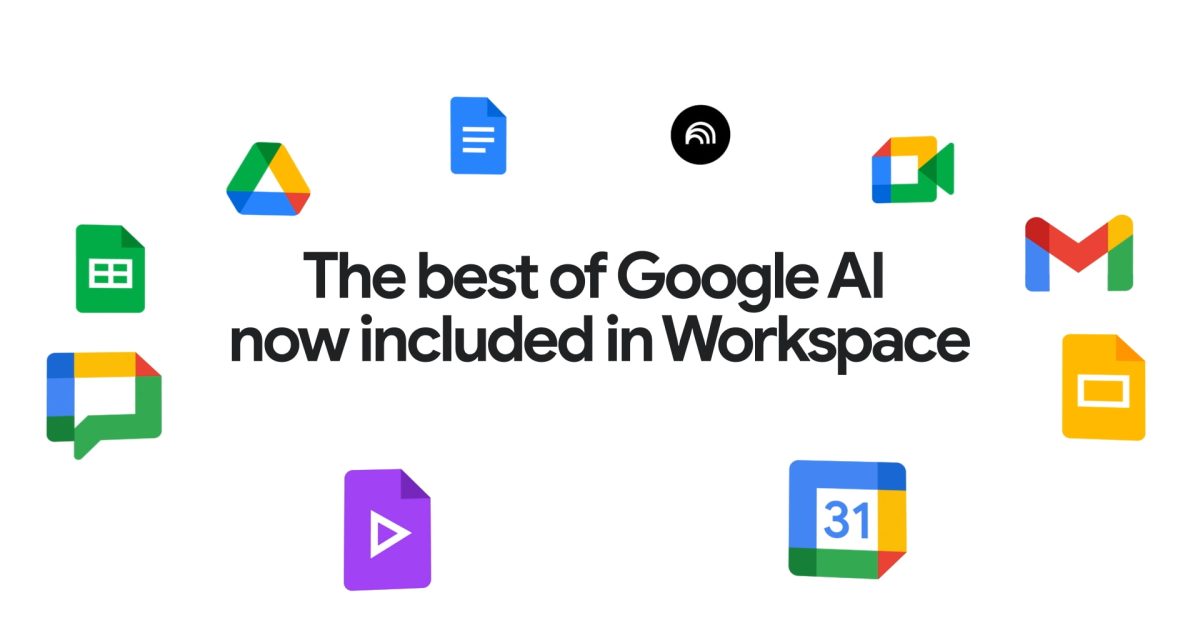



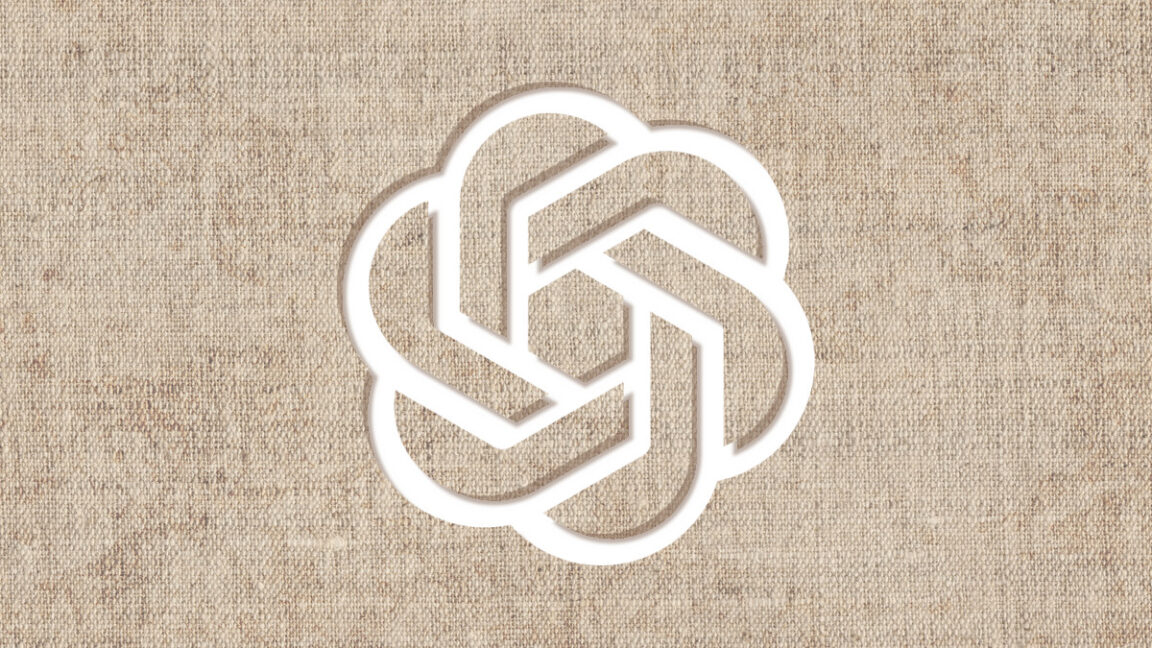



Robotic performances
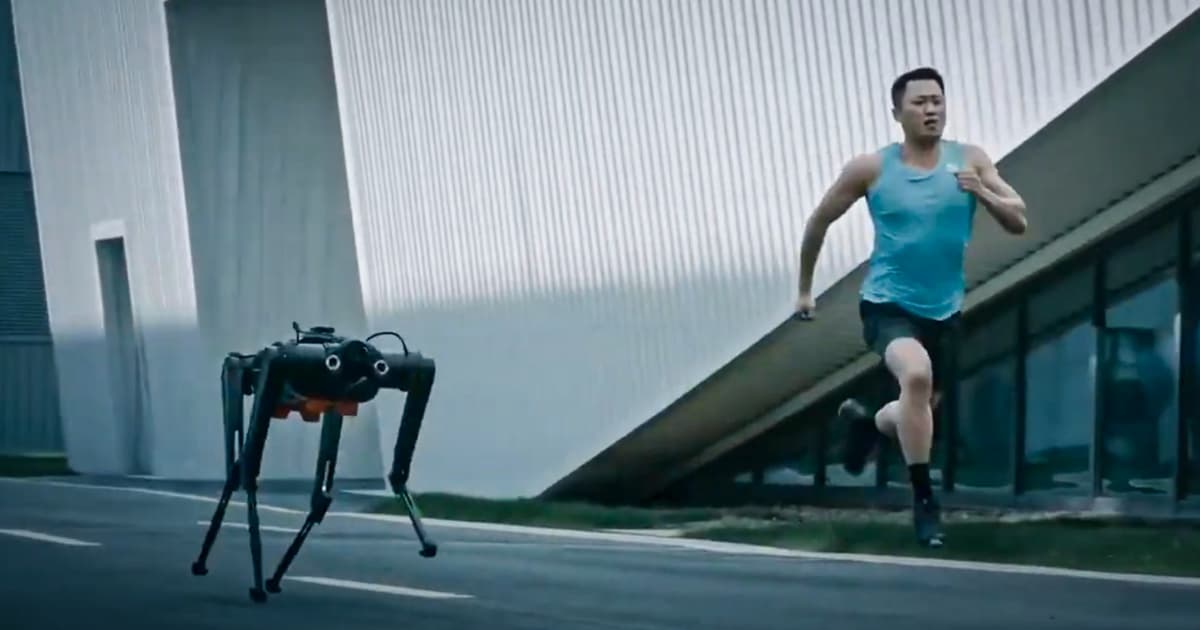
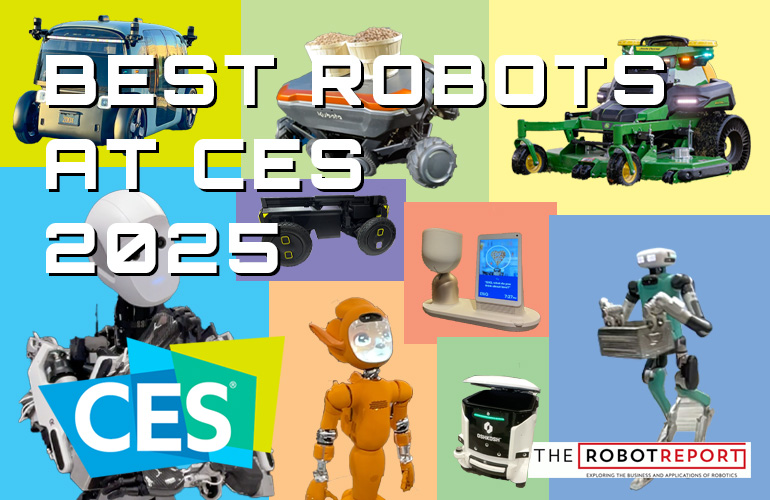
Immersive connectedness

https://spectrum.ieee.org/gpu-as-a-service
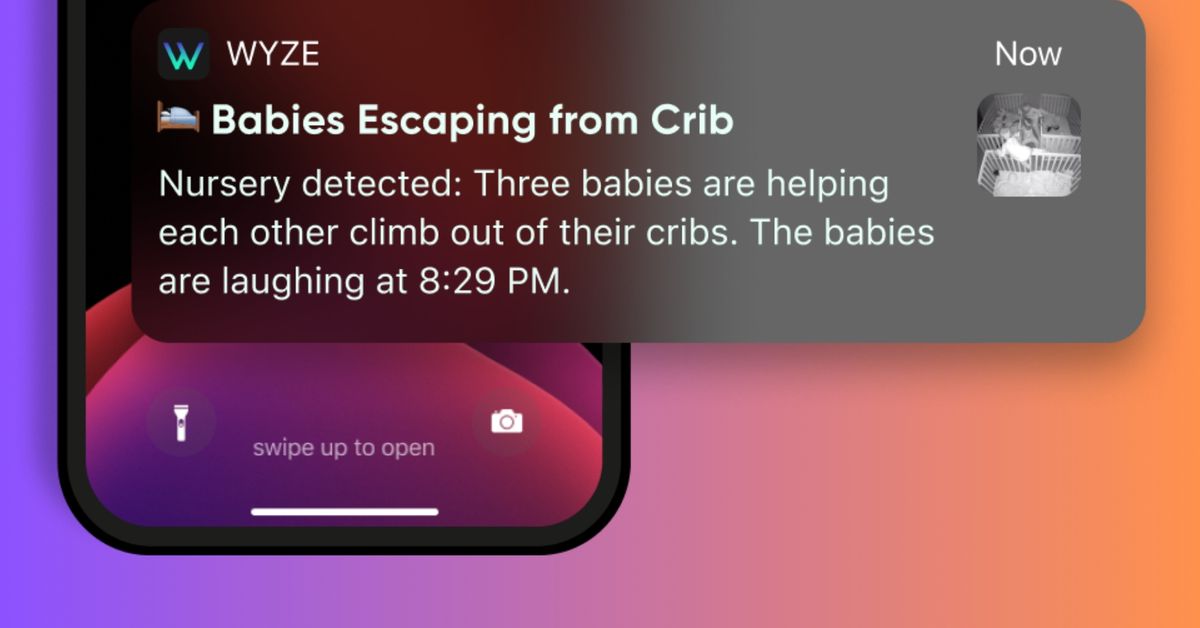

Tech societies





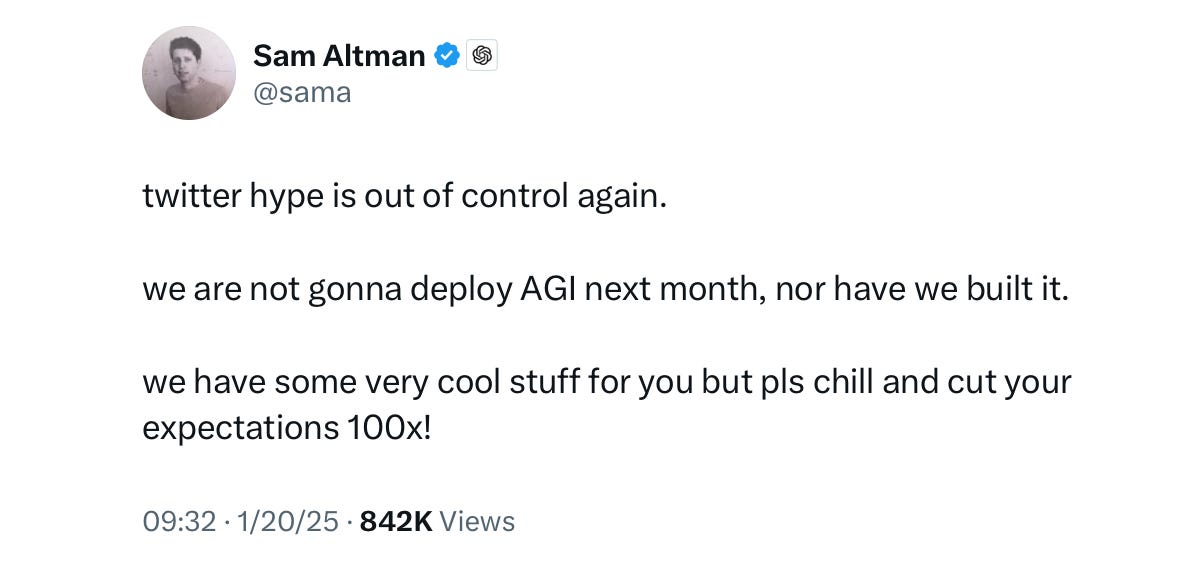



public goals and fight



See you next week!












